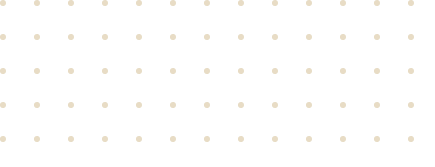TBM CARDIO I
Cardiovascular diseases continue to be the most frequent cause of death in Austria. The latest research shows that one year after a heart attack, every 2nd patient no longer takes his prescribed medication. The awareness that this is a serious illness is declining. With TELBIOMED, continuous monitoring of the doctor is possible and the patients’ adherence to the therapy can be increased, thus motivating their health awareness again and again.
After a heart attack, a lifelong drug therapy with various drugs is necessary. This also applies to patients with coronary heart disease (CHD) who have undergone percutaneous coronary intervention or stent implantation (PCI). In this case, the drug therapy is intended to prevent both a new stenosis or occlusion in the stent area (recurrent stenosis) and a progression of the CHD and thus a possible myocardial infarction. In reality, however, it has been shown that both the recommended lifestyle modification (stress reduction, weight normalization, healthy nutrition, increased exercise in everyday life or regular physical endurance training) and the drug therapy are only half-heartedly implemented or taken by some patients.
In the course of their stay in a rehabilitation clinic, patients who have suffered a heart attack or PCI are intensively trained in dealing with the disease. As far as possible, individual measures are encouraged to change their lifestyle. For a sustainable continuation, therapy plans tailored to each patient’s needs can be drawn up at home using TBM CARDIO I. With little effort, the patient confirms its implementation, transmits the intended self-measurement values and receives individual feedback from the attending physician or therapist.




